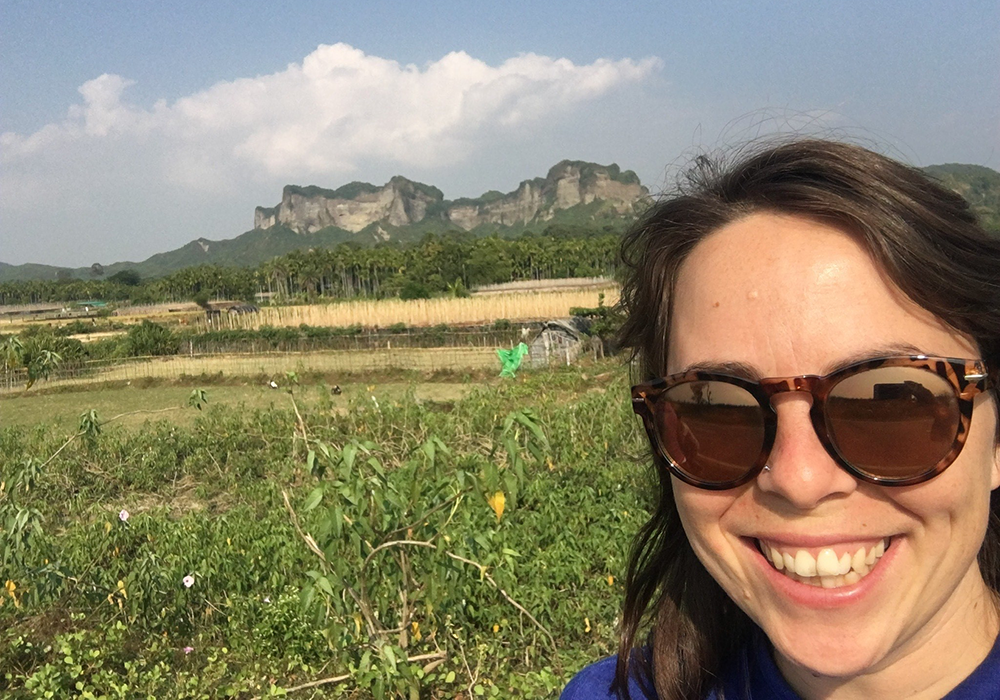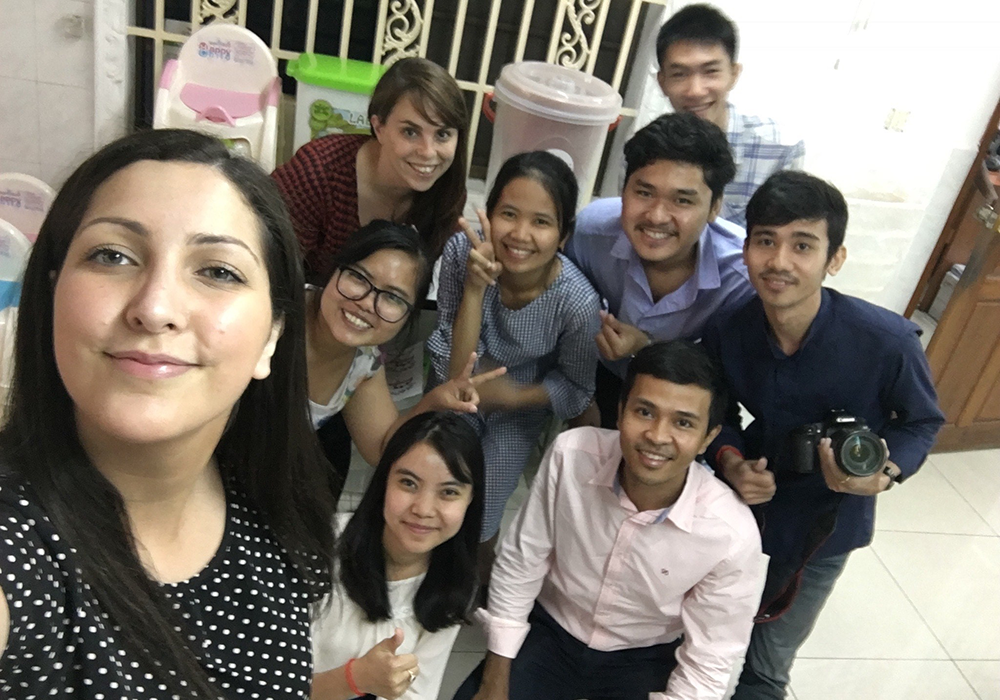Scholarship Winner Gabrielle McGill


From designing floating toilets on Cambodian lakes to bringing safe water to 4,000 cities in India, Gabrielle McGill has never shied away from a tough engineering challenge.
Now based in Sydney where she is an engineer and team leader of the resilience, impact and social equity team at Arup , a global engineering firm, Gabrielle is furthering her interest in social impact by studying an MBAx (Social Impact) at Centre for Social Impact UNSW (CSI UNSW), and was recently awarded a CSI UNSW scholarship for her studies.
“Although I’ve had the benefit of practical humanitarian engineering work which lends itself to thinking about social outcomes and impact measurement, I really wanted to solidify that knowledge with stronger theoretical grounding,” says Gabrielle.
“I think one of the real benefits of my experiences in Cambodia was being able to see the direct correlation between the work that you’re doing and the communities that you’re working with.”
Exploring the intersections
Through different projects with Arup, Gabrielle is exploring the intersection between technical design and delivery, and social impact.
One of these projects is with DFAT, where she and the team are working with the Ministry for Housing and Urban Affairs in India with the goal of bringing the supply of sewage to 500 cities and safe water to 4,000 cities (each with populations of over 100,000).
“We are working with our colleagues in India who are helping to support the mission management on the ground, while providing technical advice to make sure that these projects, when implemented, not only provide basic essential services for different people, but are inclusive and resilient.”
Another project Gabrielle tells us about is in Tonga where the Arup team are developing a tool to create a common language for water systems. The project has a particular focus on working out what might happen to the tool in the future if it is exposed to different shocks and stresses brought about by climate change.
“We are trying to create the tool so that it is easily understood by both the community and the government to help inform decision making around water security and investments for water security.”
Disrupting the systems

Gabrielle is applying the knowledge from one of her MBAx subjects, Collaboration for Social Impact, to assess the Tongan project’s collaborative spaces and their readiness for community engagement.
“One of the key takeaways for me – and it was a timely reminder – was that people with lived experience should be at the centre of the collaboration. It made it much easier to reinforce this message to our team,” says Gabrielle.
She acknowledges that shifting the focus and introducing some disruption in the ways that projects are delivered can be uncomfortable for some, but Gabrielle believes it is vital to create a space where everyone is learning by doing something that is new to them.
“At Arup we have an overarching vision to shape a better world and to do that we need to disrupt the system and approach the challenges we are addressing as one.”
